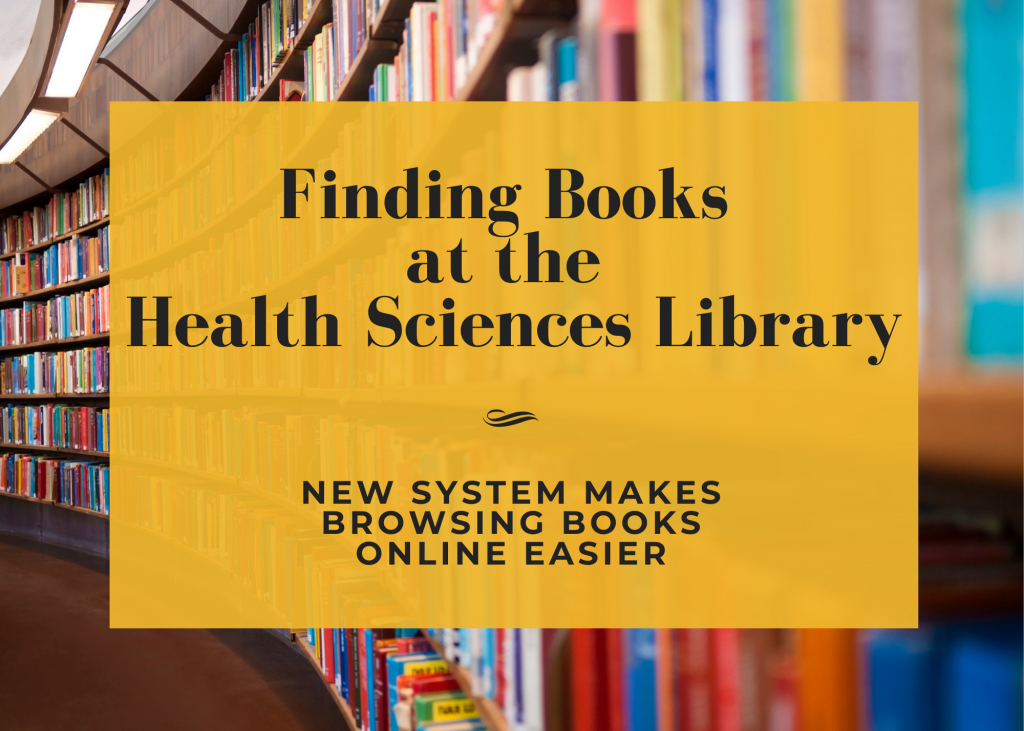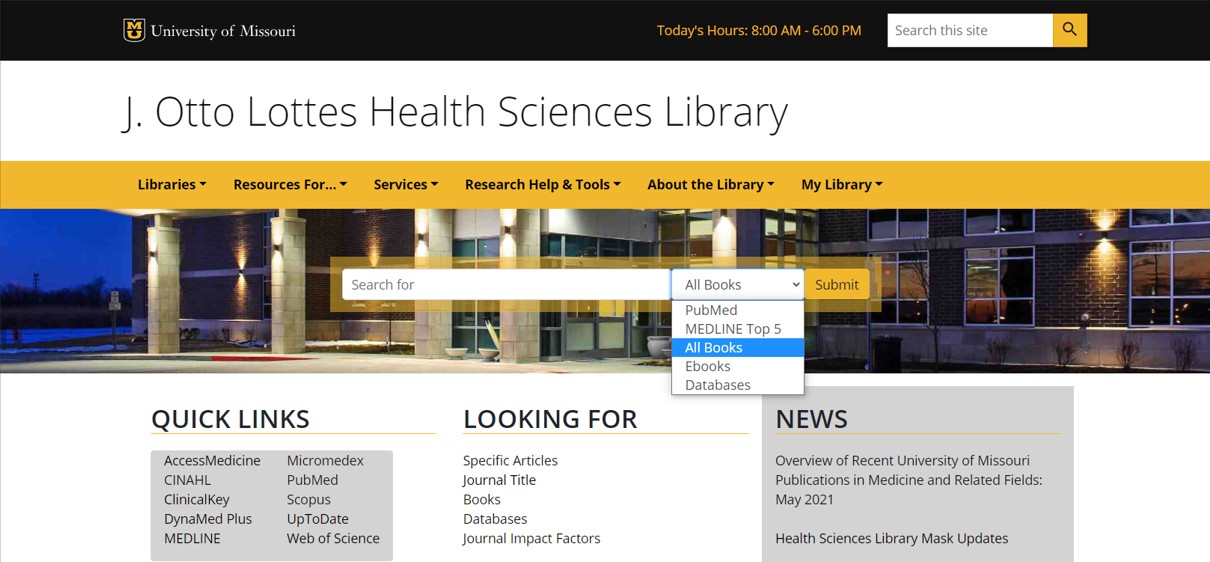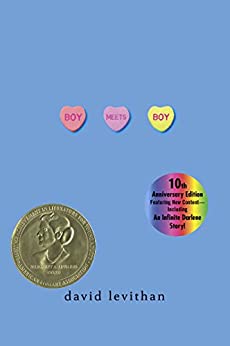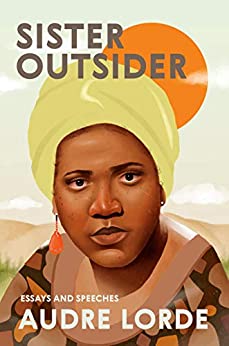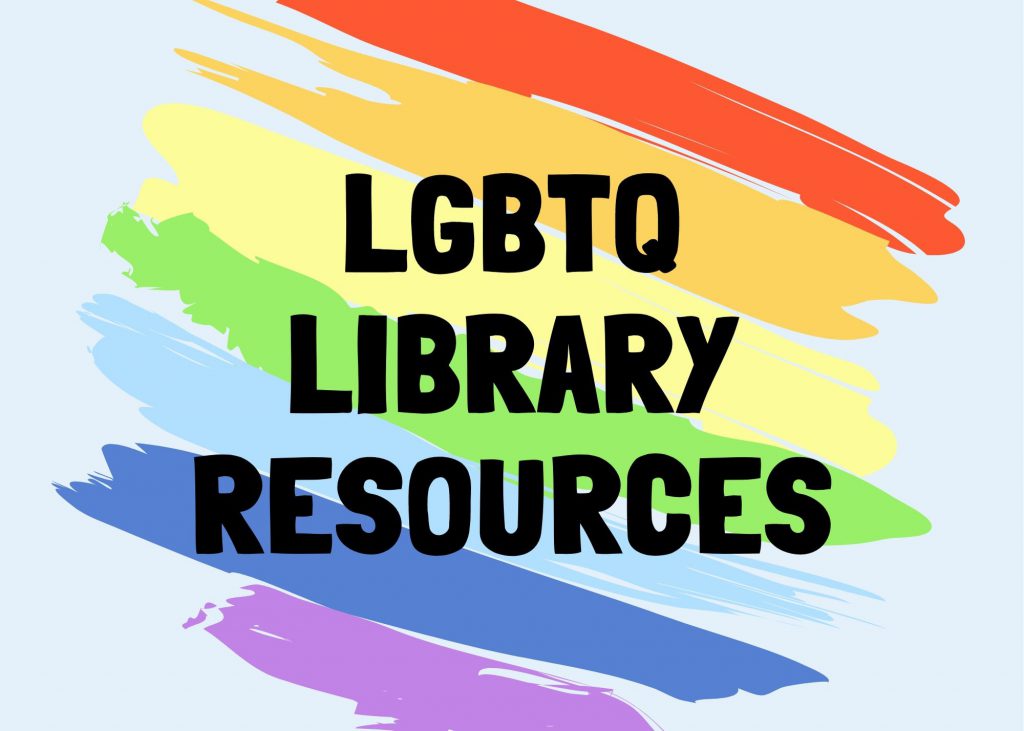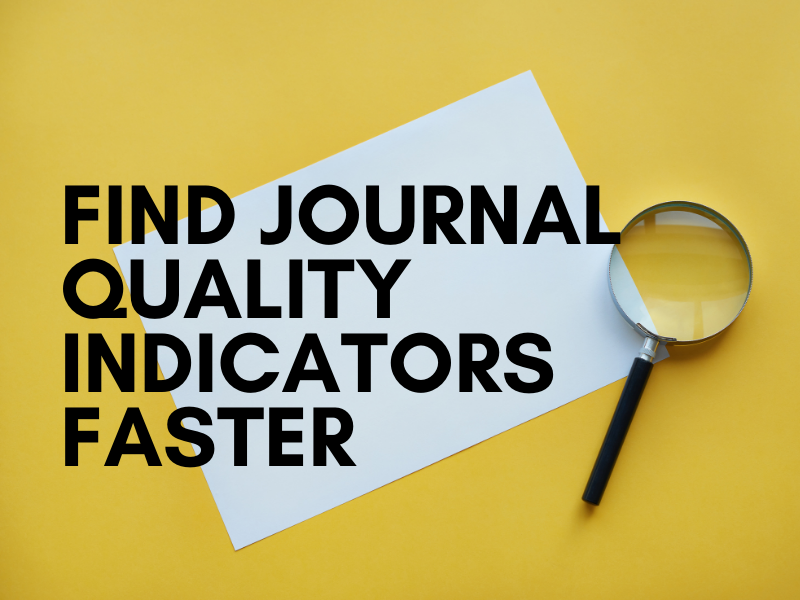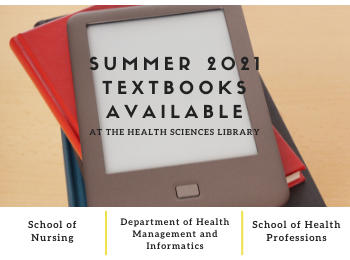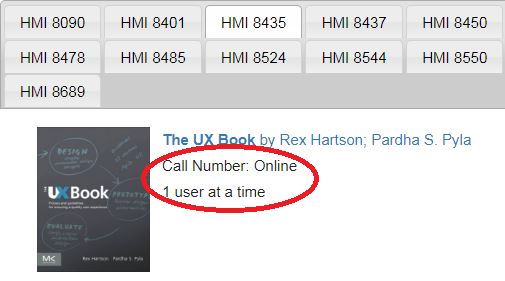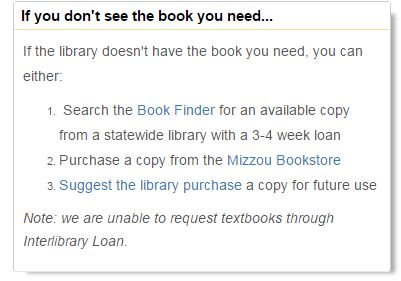Below is a list of recently published Pubmed articles from the University of Missouri related to COVID-19. If you need assistance accessing the articles, please email asklibrary@health.missouri.edu.
Pubmed collection of MU authored COVID articles
Almas T, Goraya MHN, Tarar ZI, Khedro T, Ehtesham M, Malik U, Al-Awaid AH, Niaz MA, Alshaikh L, Rifai A. The travails of therapeutic modifications in cancer care amidst the COVID-19 pandemic: Future directions and lessons learned. Ann Med Surg (Lond). 2021;66:102411. Epub 2021/06/08. doi: 10.1016/j.amsu.2021.102411. PubMed PMID: 34094529; PMCID: PMC8163725.
Appelberg S, Gupta S, Svensson Akusjärvi S, Ambikan AT, Mikaeloff F, Saccon E, Végvári Á, Benfeitas R, Sperk M, Ståhlberg M, Krishnan S, Singh K, Penninger JM, Mirazimi A, Neogi U. Dysregulation in Akt/mTOR/HIF-1 signaling identified by proteo-transcriptomics of SARS-CoV-2 infected cells. Emerg Microbes Infect. 2020;9(1):1748-60. Epub 2020/07/22. doi: 10.1080/22221751.2020.1799723. PubMed PMID: 32691695; PMCID: PMC7473213.
Curtis AF, Rodgers M, Miller MB, McCrae CS. Impact of Sex on COVID-19 Media Exposure, Anxiety, Perceived Risk, and Severity in Middle-Aged and Older Adults. J Aging Health. 2021:8982643211025383. Epub 2021/06/12. doi: 10.1177/08982643211025383. PubMed PMID: 34114480.
Hall JB, Woods ML, Luechtefeld JT. Pediatric Physical Therapy Telehealth and COVID-19: Factors, Facilitators, and Barriers Influencing Effectiveness-a Survey Study. Pediatr Phys Ther. 2021;33(3):112-8. Epub 2021/06/05. doi: 10.1097/pep.0000000000000800. PubMed PMID: 34086621; PMCID: PMC8212883.
Hinckel BB, Baumann CA, Ejnisman L, Cavinatto LM, Martusiewicz A, Tanaka MJ, Tompkins M, Sherman SL, Chahla JA, Frank R, Yamamoto GL, Bicos J, Arendt L, Fithian D, Farr J. Evidence-based Risk Stratification for Sport Medicine Procedures During the COVID-19 Pandemic. J Am Acad Orthop Surg Glob Res Rev. 2020;4(10):e20.00083. Epub 2021/05/15. doi: 10.5435/JAAOSGlobal-D-20-00083. PubMed PMID: 33986224; PMCID: PMC7537824
Kannan SR, Spratt AN, Quinn TP, Heng X, Lorson CL, Sönnerborg A, Byrareddy SN, Singh K. Infectivity of SARS-CoV-2: there Is Something More than D614G? J Neuroimmune Pharmacol. 2020;15(4):574-7. Epub 2020/09/16. doi: 10.1007/s11481-020-09954-3. PubMed PMID: 32930936; PMCID: PMC7490321.
Neogi U, Hill KJ, Ambikan AT, Heng X, Quinn TP, Byrareddy SN, Sönnerborg A, Sarafianos SG, Singh K. Feasibility of Known RNA Polymerase Inhibitors as Anti-SARS-CoV-2 Drugs. Pathogens. 2020;9(5). Epub 2020/05/03. doi: 10.3390/pathogens9050320. PubMed PMID: 32357471; PMCID: PMC7281371.
Raj SR, Arnold AC, Barboi A, Claydon VE, Limberg JK, Lucci VM, Numan M, Peltier A, Snapper H, Vernino S. Long-COVID postural tachycardia syndrome: an American Autonomic Society statement. Clin Auton Res. 2021;31(3):365-8. Epub 2021/03/20. doi: 10.1007/s10286-021-00798-2. PubMed PMID: 33740207; PMCID: PMC7976723.
Sampson C. Rapid antigen test had up to 98% sensitivity and 100% specificity for detecting COVID-19 in persons with mild symptoms. Ann Intern Med. 2021;174(6):Jc71. Epub 2021/06/01. doi: 10.7326/acpj202106150-071. PubMed PMID: 34058108.
Sperk M, van Domselaar R, Rodriguez JE, Mikaeloff F, B SV, Saccon E, Sönnerborg A, Singh K, Gupta S, Végvári Á, Neogi U. Utility of Proteomics in Emerging and Re-Emerging Infectious Diseases Caused by RNA Viruses. J Proteome Res. 2020;19(11):4259-74. Epub 2020/10/24. doi: 10.1021/acs.jproteome.0c00380. PubMed PMID: 33095583; PMCID: PMC7640957.
Spratt AN, Gallazzi F, Quinn TP, Lorson CL, Sönnerborg A, Singh K. Coronavirus helicases: attractive and unique targets of antiviral drug-development and therapeutic patents. Expert Opin Ther Pat. 2021;31(4):339-50. Epub 2021/02/18. doi: 10.1080/13543776.2021.1884224. PubMed PMID: 33593200; PMCID: PMC8074651.
Wan XF, Tang CY, Ritter D, Wang Y, Li T, Segovia K, Kosikova M, Johnson M, Kwon HJ, Xie H, Hammer RD, McElroy JA, Hamid A, Collins ND, Hang J, Camp S. SARS-CoV-2 show no infectivity at later stages in a prolonged COVID-19 patient despite positivity in RNA testing. J Med Virol. 2021;93(7):4570-5. Epub 2021/04/09. doi: 10.1002/jmv.27001. PubMed PMID: 33830520.


